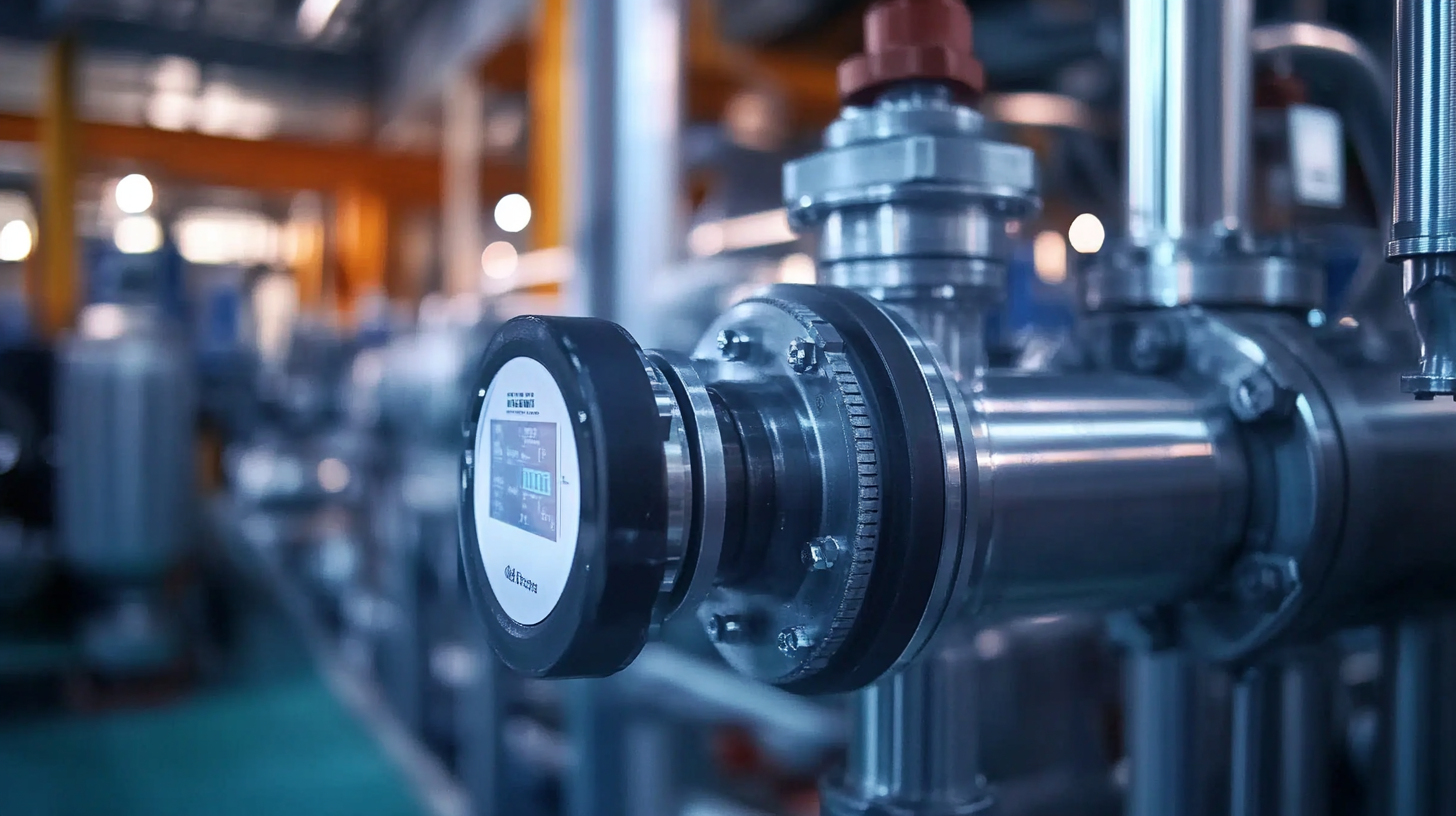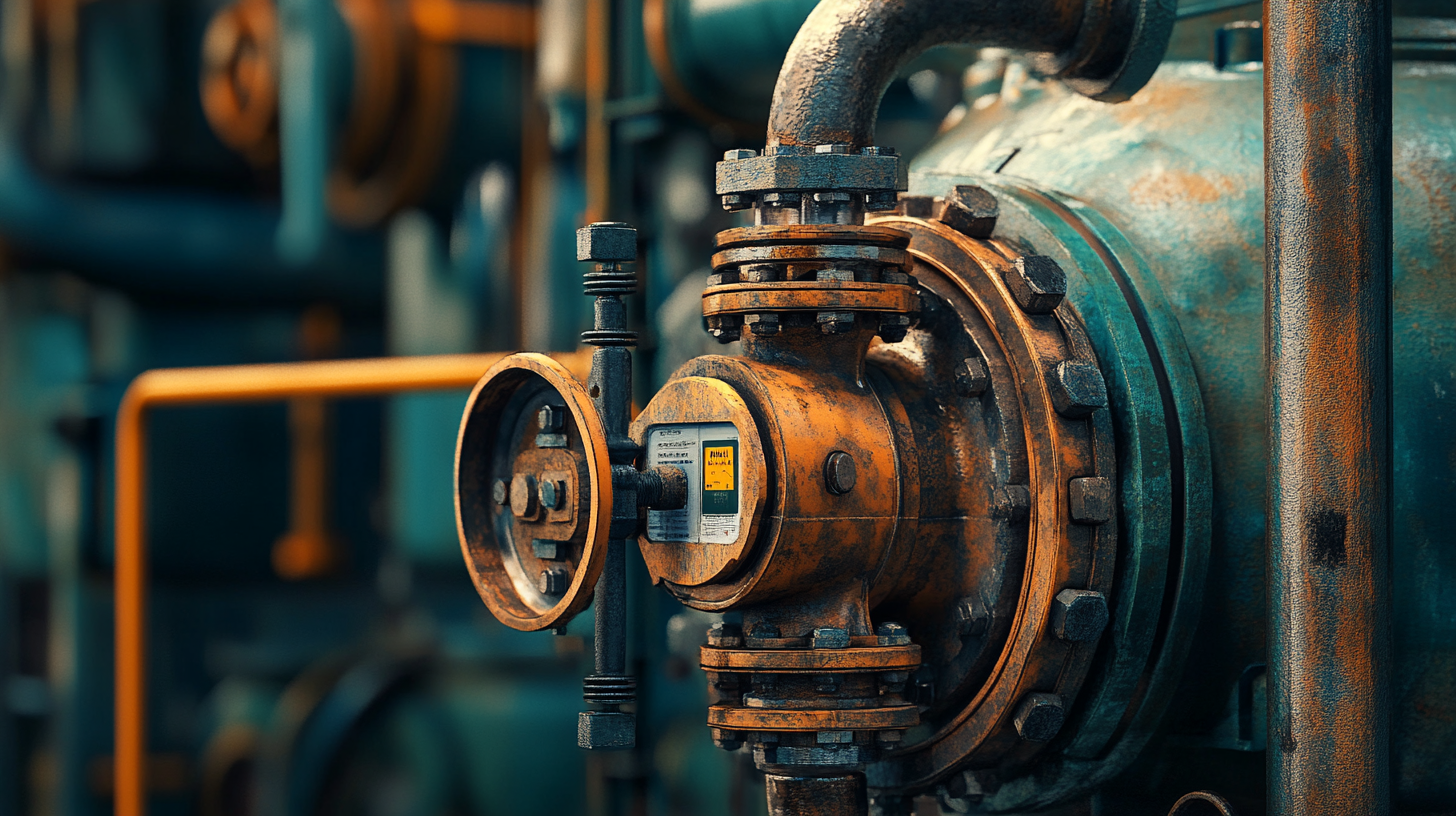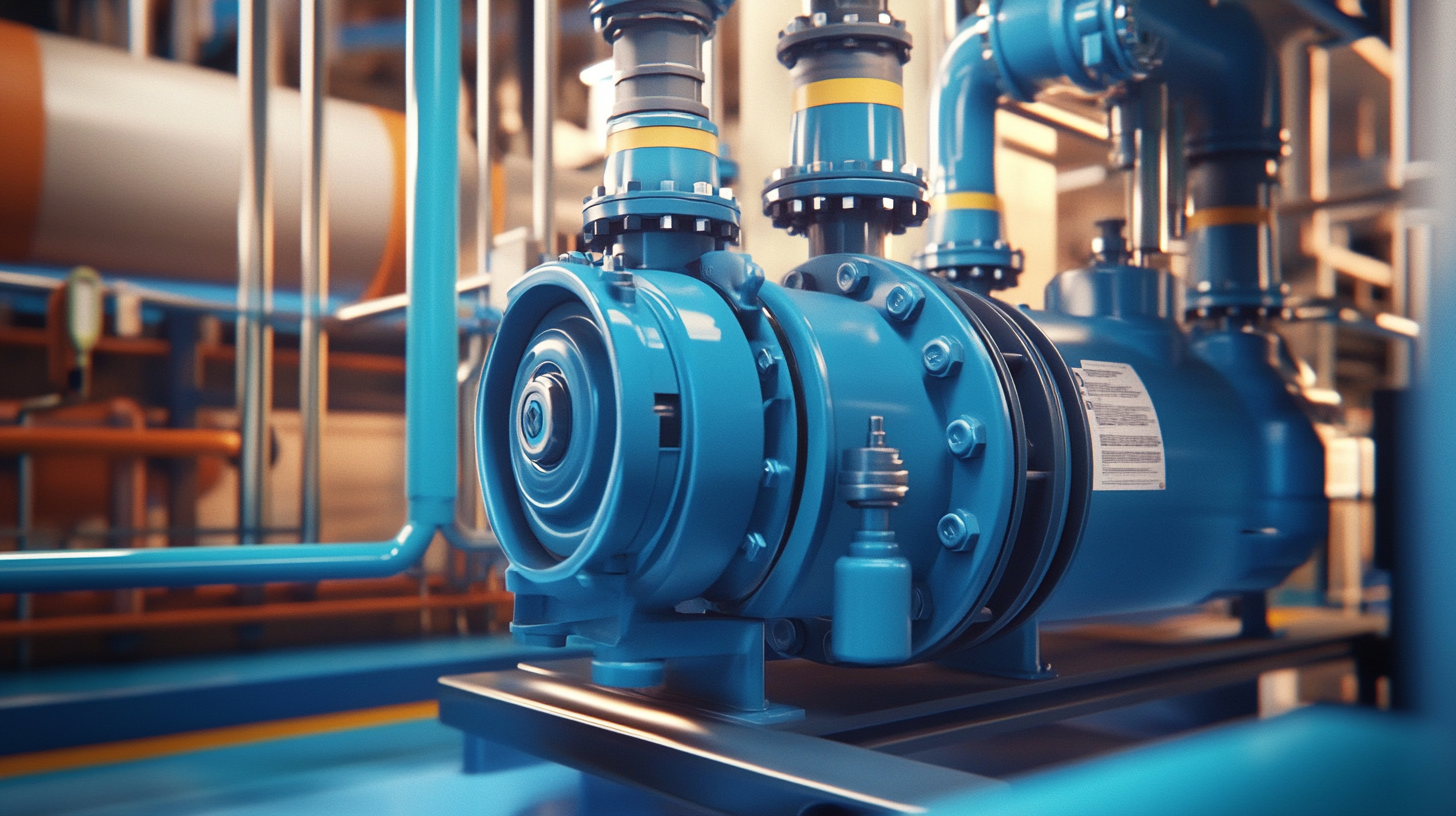

 In the world of industrial applications, the importance of selecting the right
Chemical Pump cannot be overstated.
As vital components in various processes, Chemical Pumps are engineered to handle
a diverse range of fluids, including corrosive, viscous, and hazardous materials.
This ultimate guide explores the best chemical pumps available on the market,
delving into their technical specifications, performance capabilities, and essential
maintenance practices. Understanding the intricacies of these pumps is crucial for
ensuring efficiency, longevity, and safety in your operations. Whether you are involved
in chemical manufacturing, water treatment, or any sector that relies on fluid transfer,
this comprehensive overview aims to equip you with the knowledge needed to make
informed decisions about your
chemical pump choices.
In the world of industrial applications, the importance of selecting the right
Chemical Pump cannot be overstated.
As vital components in various processes, Chemical Pumps are engineered to handle
a diverse range of fluids, including corrosive, viscous, and hazardous materials.
This ultimate guide explores the best chemical pumps available on the market,
delving into their technical specifications, performance capabilities, and essential
maintenance practices. Understanding the intricacies of these pumps is crucial for
ensuring efficiency, longevity, and safety in your operations. Whether you are involved
in chemical manufacturing, water treatment, or any sector that relies on fluid transfer,
this comprehensive overview aims to equip you with the knowledge needed to make
informed decisions about your
chemical pump choices.
When it comes to choosing the right chemical pump for your applications, it's essential to understand the different types available on the market. The global chemical injection pump market is experiencing robust growth, driven by industrial advancements, and is projected to reach significant revenue figures in the coming years. With a CAGR of approximately 4.3%, the demand for metering pumps alone is expected to hit $8.5 billion by 2028. This highlights the critical role chemical pumps play in precise chemical dosing across various industries.

Chemical pumps generally fall into two categories: positive displacement pumps and centrifugal pumps. Positive displacement pumps are ideally suited for applications requiring a constant flow rate, making them excellent for precise chemical dosing. In contrast, centrifugal pumps are favored for their adaptability and efficiency in handling large volumes. Understanding these distinctions can significantly influence your operational efficiency and reliability.
Tips for Choosing the Right Pump:
1. Evaluate the viscosity and chemical properties of the fluids being pumped to ensure compatibility with the pump type.
2. Consider the operating environment and required flow rates to select a pump that maximizes efficiency and minimizes maintenance needs.
3. Regular maintenance checks can prevent costly downtimes and extend the lifespan of your pump, ensuring consistent performance.
When selecting the best chemical pump for your application, understanding the key technical specifications is crucial. One of the foremost considerations is the pump's flow rate, typically measured in gallons per minute (GPM) or liters per minute (LPM). This metric will determine how efficiently the pump can move the required volume of fluid. Additionally, the discharge pressure, usually expressed in pounds per square inch (PSI) or bars, is vital for ensuring that the pump can handle the system's pressure requirements, especially if the chemical needs to be delivered to high elevations or through long piping systems.
Another essential specification is the pump material compatibility. Different chemicals can be corrosive, abrasive, or otherwise damaging to certain materials. Therefore, knowing the chemical's properties and selecting a pump constructed from materials like stainless steel, polypropylene, or PTFE is necessary to prevent premature wear and potential leaks.
Lastly, consider the pump's power requirements and whether it functions with electric, pneumatic, or hydraulic power. Proper evaluation of these specifications will lead to a more efficient and safe chemical pumping system tailored to your needs.
Maintaining the longevity of chemical pumps is crucial for optimizing performance and minimizing downtime.
According to a recent industry report, proper maintenance can extend the lifespan of chemical pumps by as much as 40%.
Regular inspection and maintenance routines are essential to identify potential issues before they lead to failure.
Key practices include checking seals and gaskets for wear, as these components are vital for preventing leaks, which can compromise both safety and efficiency.
Tip: Establish a regular maintenance schedule that includes weekly visual inspections and monthly performance evaluations.
This proactive approach allows you to catch and address minor problems before they escalate.
Another essential aspect of chemical pump maintenance is keeping the system clean.
Contaminants can significantly affect the pump's performance and reliability.
A study indicated that 60% of pump failures are attributed to dirt and debris.
Ensuring all components remain free of buildup not only enhances performance but also contributes to the overall efficiency of the system.
Tip: Implement a filtration system for the fluid entering the pump to reduce the risk of contamination.
Regularly replacing filters as per the manufacturer's recommendations can also protect your investment and promote optimal operation.

When dealing with chemical pumps, troubleshooting common issues is essential to maintaining operational efficiency. One prevalent problem is cavitation, which occurs when the pump experiences vapor bubbles that collapse, potentially causing damage. To prevent cavitation, ensure that the pump is properly sized for its application and that the fluid has adequate net positive suction head (NPSH). Regularly checking for blockages in the intake line can also help maintain smooth operation.
Another frequent issue is seal leakage. This can result from wear and tear or improper installation. To mitigate seal-related problems, it's important to choose the right seal material based on the chemicals being handled. Regular inspection and replacement of worn seals are crucial for preventing leaks that could lead to costly downtime and safety hazards.
Lastly, pay attention to any unusual vibrations or noises from the pump, as these can indicate misalignment or component wear. Implementing a routine maintenance schedule that includes checking for vibrations can help catch issues early. If persistent issues arise, consulting the pump's technical manual or seeking professional assistance can save time and prevent further damage.
When operating chemical pumps, safety is a paramount concern that requires diligent attention. Chemical pumps are often handling hazardous substances, which necessitates a thorough understanding of the materials being pumped, as well as the potential risks involved. It is crucial to assess the chemical compatibility of the pump materials to avoid leaks or failures that could lead to dangerous spills. Operators should always consult the manufacturer's specifications and safety data sheets (SDS) for the chemicals being handled to ensure that all equipment is suitable for the task.
In addition to material compatibility, proper training for personnel is essential. Staff should be proficient in the operation of the pumps and educated on emergency procedures in case of unexpected events. Wearing appropriate personal protective equipment (PPE) is equally important. This can include gloves, goggles, and respirators, depending on the nature of the chemicals involved. Routine maintenance checks should also be conducted to identify any worn or damaged components before they lead to costly failures or hazardous situations. By prioritizing safety considerations, operators can create a secure working environment while efficiently managing chemical pumping processes.
Copyright © 2023 TUF Pump Industry (Jiangsu) Co., Ltd. - Stainless Steel Centrifugal Pump, Chemical Pump, Metering Pump - All Rights Reserved.